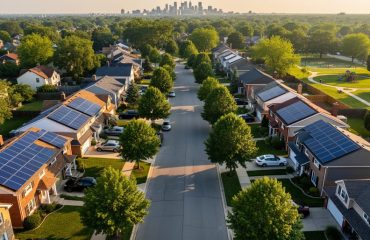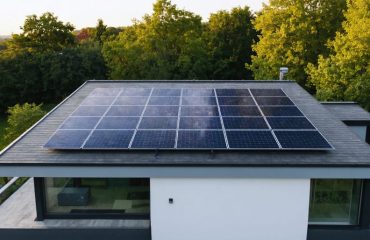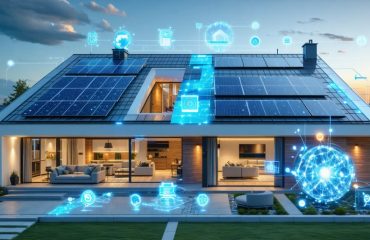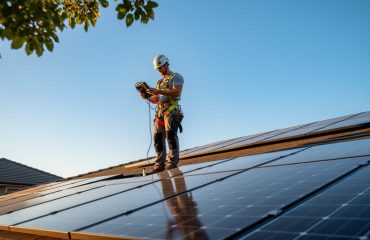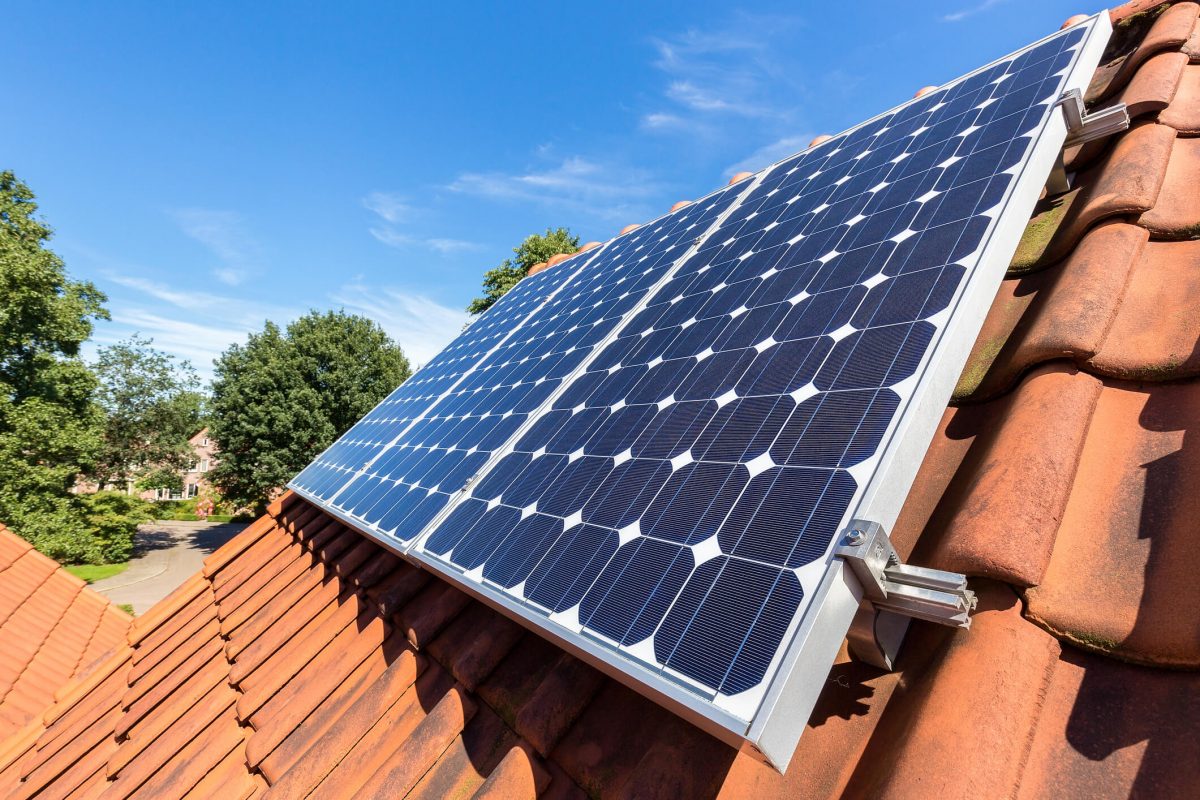Cultural factors profoundly shape how communities embrace or resist new technologies, particularly in the clean energy transition. As solar energy breakthroughs continue to transform residential power, understanding these social dynamics becomes crucial for sustainable development. From deeply-rooted family values that influence household decisions to community-wide environmental consciousness that drives neighborhood solar adoption, cultural elements play a decisive role in how we approach energy choices. These factors extend beyond mere technical or economic considerations, encompassing generational attitudes, local traditions, and shared beliefs about environmental stewardship. By recognizing and adapting to these cultural nuances, we can better understand what motivates homeowners to embrace sustainable energy solutions and create more effective pathways toward widespread solar adoption.
Family and Community Values in Energy Choices
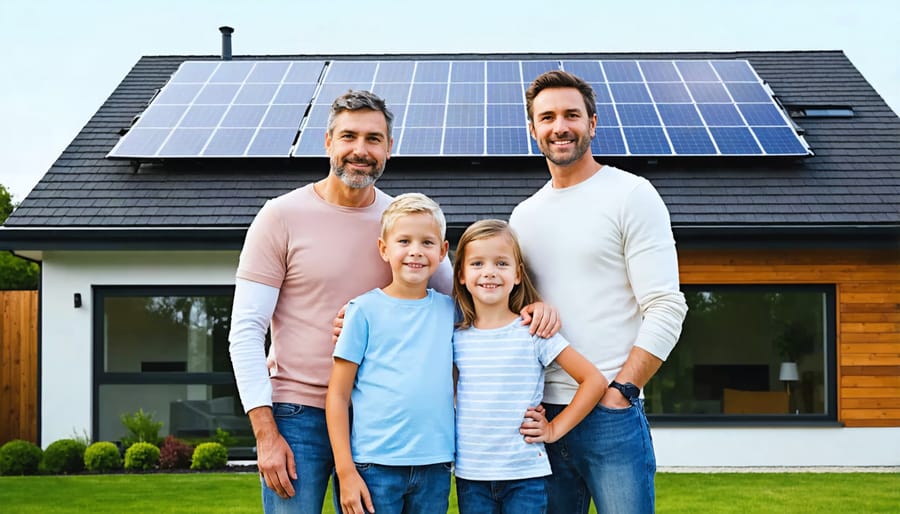
Generational Perspectives
Different generations approach solar energy adoption with varying perspectives, shaped by their unique experiences and values. Baby Boomers often view solar installations as long-term investments in their property value and retirement planning. They typically focus on the financial security aspects and independence from traditional utility systems.
Generation X homeowners tend to balance practical considerations with environmental impact. They’re likely to research thoroughly and make decisions based on both cost savings and sustainability benefits. Many Gen X parents see solar adoption as a way to teach their children about environmental responsibility while securing their family’s energy future.
Millennials and Gen Z show the strongest environmental consciousness, often prioritizing sustainability over immediate financial returns. They’re more likely to view solar adoption as part of a broader lifestyle choice aligned with their values. These younger generations frequently influence their parents’ decisions about solar installation, bringing fresh perspectives on climate action to family discussions.
Multi-generational households present unique opportunities for solar adoption, as different age groups can contribute varied insights and priorities to the decision-making process.
Community Influence
Community influence plays a significant role in shaping solar adoption patterns within neighborhoods. When homeowners see their neighbors successfully installing solar panels and enjoying reduced energy bills, it creates a powerful ripple effect. This “solar contagion” phenomenon occurs as success stories spread through local networks, making the technology feel more accessible and trustworthy.
Local champions and early adopters serve as informal ambassadors, sharing their experiences during neighborhood gatherings and community events. Their firsthand accounts of installation processes, energy savings, and overall satisfaction help dispel common misconceptions and build confidence among potential adopters.
Neighborhood trends also create friendly competition and social proof. When multiple homes in an area feature solar installations, it normalizes the technology and establishes it as a community standard. This visibility often leads to clusters of solar adoption, where entire streets or blocks embrace renewable energy solutions.
Community organizations and local environmental groups further amplify this influence by organizing solar tours, workshops, and group purchasing programs. These initiatives make solar adoption more approachable while fostering a shared sense of environmental responsibility and community progress.
Environmental Values and Solar Energy
Green Living Philosophy
Environmental consciousness plays a pivotal role in driving solar adoption across communities. As more homeowners embrace a sustainable lifestyle, their commitment to reducing carbon footprints naturally aligns with solar energy solutions. This environmental stewardship reflects a broader cultural shift toward the clean energy transition happening nationwide.
The green living philosophy extends beyond individual choices to influence entire neighborhoods and communities. When homeowners see their neighbors installing solar panels, it often creates a ripple effect, normalizing sustainable practices and encouraging others to follow suit. This environmental awareness typically correlates with other eco-friendly behaviors, such as recycling, water conservation, and energy-efficient home improvements.
Families who prioritize environmental values often view solar adoption as a tangible way to demonstrate their commitment to sustainability while teaching future generations about responsible resource management. This connection between personal values and energy choices creates a powerful motivation for solar adoption, particularly among households that emphasize leaving a positive environmental legacy.
Sustainability as a Cultural Value
Sustainability has evolved from a niche environmental concern into a core cultural value across many societies. Today’s consumers increasingly make purchasing decisions based on environmental impact, while businesses adapt their practices to meet growing demands for eco-friendly products and services. This shift reflects a deeper cultural transformation where sustainable living is becoming normalized and even aspirational.
Families are teaching their children about recycling, energy conservation, and environmental stewardship as fundamental life skills. Social media and popular culture regularly highlight sustainable lifestyle choices, making green living both trendy and socially rewarding. Communities are organizing around sustainable initiatives, from neighborhood composting programs to local farmers’ markets.
This cultural embrace of sustainability extends beyond individual actions to influence institutional policies and corporate behavior. Schools incorporate environmental education into their curricula, while workplaces implement green practices as part of their company culture. The rise of sustainability as a cultural value represents a significant shift in how society views its relationship with the environment, moving from exploitation to stewardship.
As this value continues to strengthen, it shapes everything from consumer behavior to career choices, making sustainable practices an integral part of modern cultural identity.
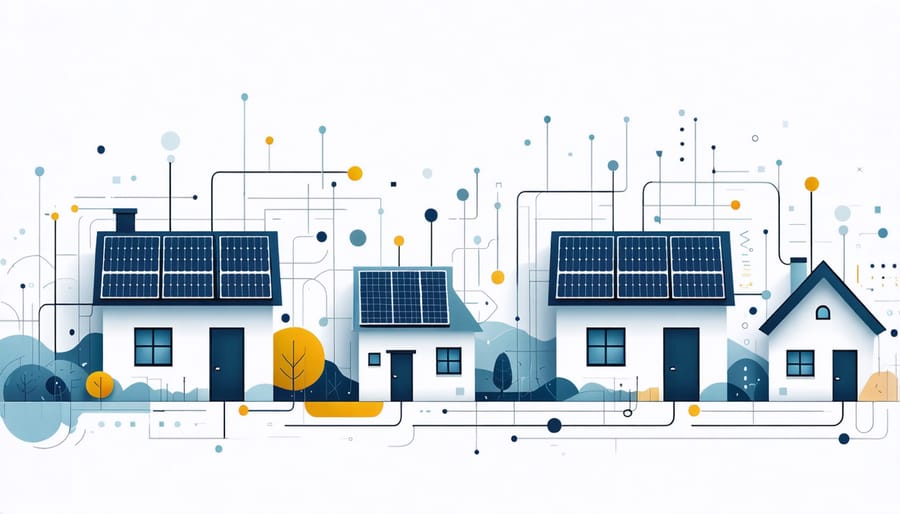
Economic and Lifestyle Considerations
Long-term Investment Mindset
Different cultures approach financial planning and energy investments with varying perspectives, often shaped by generational values and community traditions. In many societies, the concept of leaving a better world for future generations drives decision-making around sustainable energy choices. This long-term outlook aligns perfectly with solar energy investments, which typically deliver returns over many years.
Cultural attitudes toward home improvement and property value also play a significant role. Communities that prioritize home ownership and property enhancement tend to view solar installations as valuable additions to their homes. This perspective is particularly strong in cultures where multi-generational living is common, as energy-saving investments benefit the entire family over time.
Additionally, some cultures emphasize collective benefit over individual gain, leading to community-based solar initiatives and shared renewable energy projects. This communal approach to energy investment often results in stronger adoption rates and more sustainable long-term outcomes. Understanding these cultural nuances helps create more effective approaches to promoting solar energy adoption while respecting diverse financial planning traditions and values.
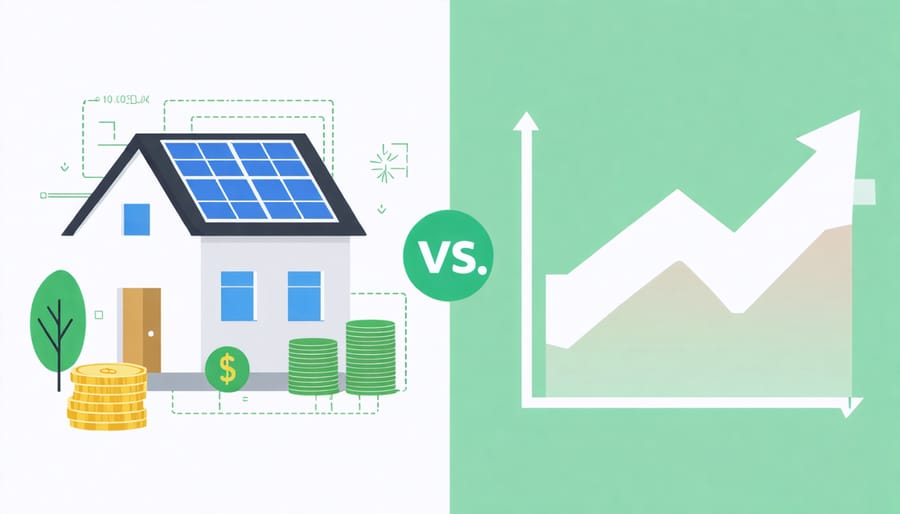
Lifestyle Alignment
Solar adoption seamlessly integrates with various lifestyle values, reflecting a growing shift in how homeowners view their relationship with energy. For environmentally conscious individuals, solar power represents a tangible way to reduce their carbon footprint while maintaining modern comforts. Recent home solar power innovations have made it easier than ever to align sustainable living goals with practical energy needs.
Families focused on financial stability find solar adoption particularly appealing, as it offers long-term savings and protection against rising utility costs. The investment in solar panels often resonates with those who value self-sufficiency and energy independence, allowing them to take control of their power generation while reducing reliance on traditional utilities.
For tech-savvy homeowners, smart solar systems provide an opportunity to embrace cutting-edge technology while contributing to a cleaner future. The ability to monitor energy production and consumption in real-time appeals to those who appreciate data-driven decision-making in their daily lives. Additionally, solar adoption often aligns with community-minded individuals who take pride in setting a positive example for their neighbors and future generations.
Breaking Through Cultural Barriers
Breaking through cultural barriers to solar adoption requires a thoughtful, community-centered approach. Start by identifying local champions who can share their positive experiences with solar energy. These early adopters often become influential voices in their communities, helping others see the practical benefits of solar power through a familiar cultural lens.
Community education programs play a crucial role in addressing misconceptions. Consider organizing solar open houses where neighbors can see installations firsthand and discuss their concerns with homeowners who’ve already made the switch. These events help normalize solar adoption within the community and create opportunities for meaningful dialogue about cultural values and environmental stewardship.
Many cultures place high importance on family legacy and financial security. Frame solar adoption as an investment in future generations, highlighting both environmental benefits and long-term cost savings. This approach resonates particularly well with communities where multi-generational household decision-making is common.
Religious and cultural leaders can be powerful allies in promoting solar adoption. Many faith traditions emphasize environmental stewardship and responsible resource use. Partner with these leaders to showcase how solar energy aligns with traditional values while providing modern benefits.
Address aesthetic concerns by showcasing how modern solar installations can complement various architectural styles. Some communities worry about visual impact, but contemporary solar panels offer sleek designs that can enhance property appearance while respecting cultural preferences.
Build trust through transparent communication about costs, benefits, and installation processes. Work with local contractors who understand community dynamics and can communicate effectively with different cultural groups. Offering materials in multiple languages and respecting cultural customs during business interactions goes a long way in building lasting relationships.
Remember that change takes time. Celebrate small wins and maintain consistent engagement with the community. As more families embrace solar energy, cultural barriers naturally diminish, creating a positive feedback loop that encourages wider adoption.
Cultural factors play a vital role in shaping our energy choices and lifestyle decisions. As we’ve explored, these factors extend beyond simple economics to encompass our values, beliefs, and social connections. Understanding these influences helps us make more informed decisions about sustainable living and energy consumption.
Whether it’s the impact of family traditions, community norms, or environmental awareness, each cultural element contributes to our overall perspective on energy transition. By recognizing these factors in our own lives, we can better align our choices with both our cultural values and sustainability goals.
Take a moment to reflect on the cultural factors that influence your own energy decisions. Consider how your family background, community values, and personal beliefs shape your approach to sustainable living. This awareness can help you make choices that not only benefit the environment but also resonate with your cultural identity.
Remember, successful energy transition requires understanding and working with cultural factors rather than against them. By embracing this understanding, we can create more effective and culturally sensitive approaches to sustainable living that benefit both our communities and the planet.


